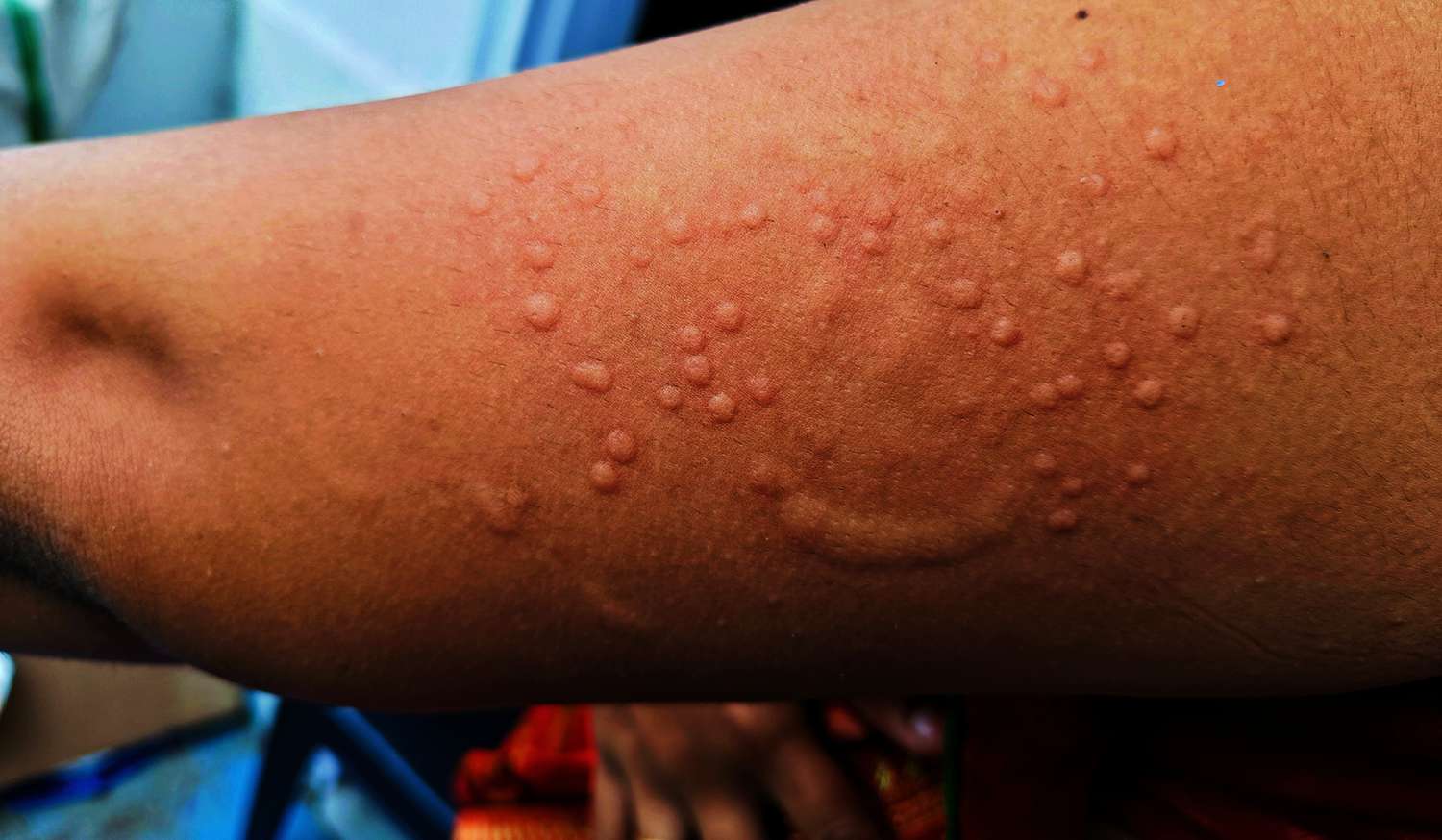The World Health Organization (WHO) has recently declared monkeypox, also known as Mpox, a global public health emergency. This decision follows the alarming registration of 15,000 cases and 461 deaths related to this disease, primarily in Africa.
Mpox manifests with symptoms such as fever, body aches, fatigue, skin rashes, and highly contagious lesions. The virus transmission occurs mainly through large respiratory droplets, direct contact with bodily fluids or skin lesions, as well as exposure to contaminated clothing or bedding. Experts emphasize that an individual is considered contagious from the onset of symptoms until the complete healing of skin lesions.
Although the Democratic Republic of Congo accounts for the majority of cases, other African countries like Burundi, Uganda, Kenya, and Rwanda are also affected. This concerning spread is prompting WHO to intensify its efforts to contain the epidemic.
Maria Van Kerkhove, Director of Epidemic Prevention at WHO, stresses the need to understand transmission patterns, identify at-risk populations, and analyze the dynamics of the epidemic. This information is crucial for optimizing the use of available vaccines, which are currently in limited supply.
Facing this situation, WHO is calling on countries with vaccine supplies to make donations and collaborate for more effective crisis management. Van Kerkhove also highlights the complexity of the epidemic, characterized by multiple waves and epidemiological variations, requiring an adaptive and flexible approach.
To address this global health emergency, international cooperation, in-depth research on transmission modes, and targeted vaccination appear to be key elements. WHO plays a central role in coordinating efforts and disseminating knowledge, aiming for effective management of this multifaceted epidemic.
As the world continues to battle Covid-19, the emergence of Mpox as a new global health threat underscores the importance of vigilance and international solidarity in the fight against emerging infectious diseases.



















+ There are no comments
Add yours